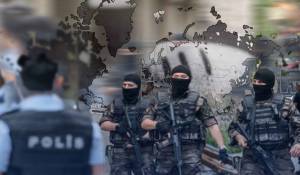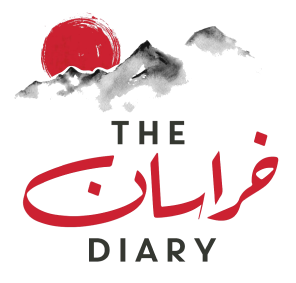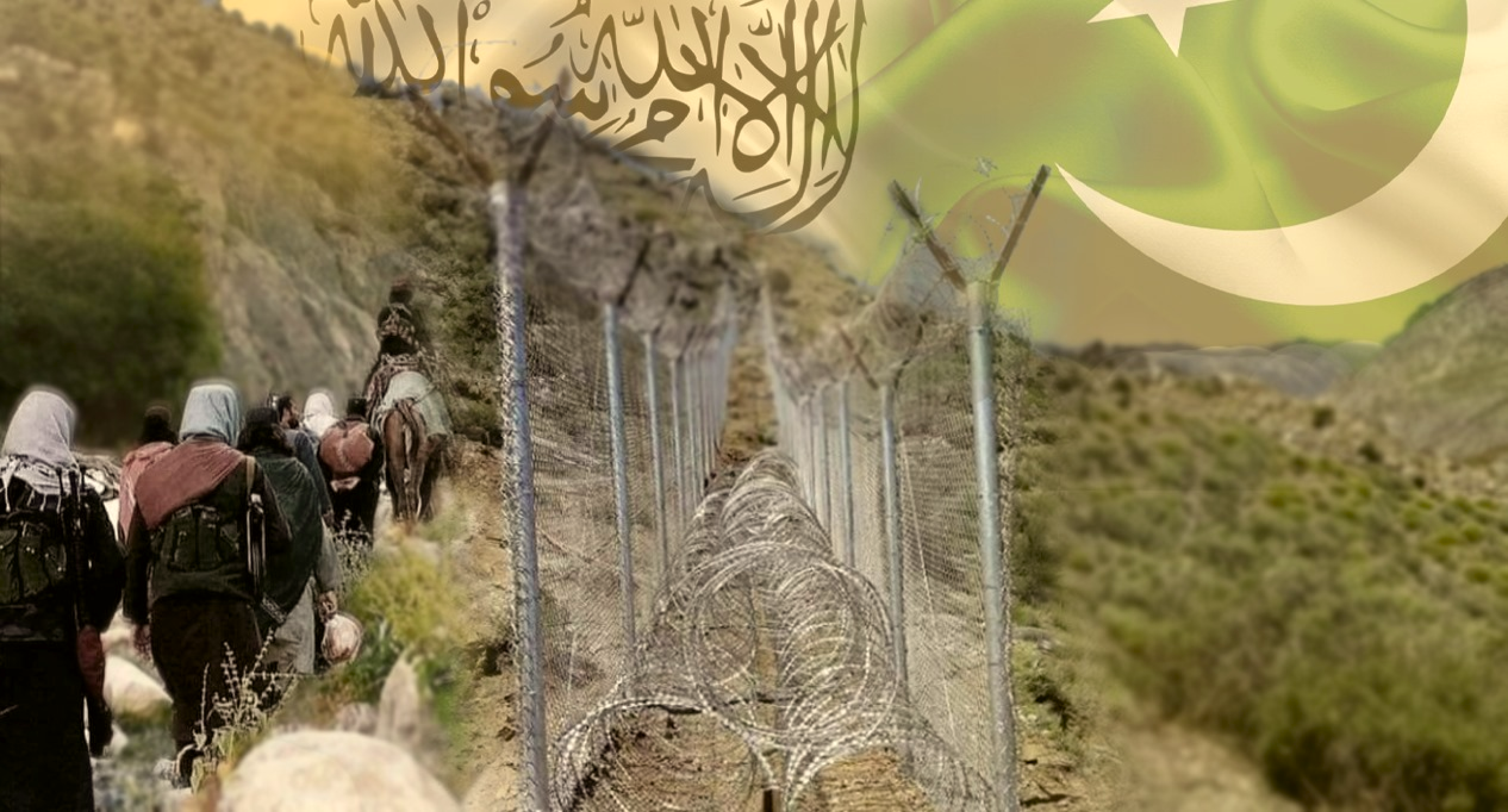
Iftikhar Firdous

February 28, 2026
By | Iftikhar Firdous , Ihsanullah Tipu Mehsud

The spiral of violence is gradually becoming murkier with at least 11 newer jihadist entities emerging or re-emerging in this triangle of threats between Pakistan-Afghanistan-Iran. As we move ahead in time from August 15, 2021, the strategy of militant groups seems to be ‘centralized command with decentralized operations’ — to confuse, protect, and gain political mileage for militant groups in an eco-system where survival means more attacks.
The foundation of this new outlook was actually laid by the prelude of modern Jihadists, Al-Qaeda, aimed at horizontal expansion of both territory and ideology while protecting the organization’s Core Leadership. The Al-Qaeda Core is now more inclined and confined to the role of a consultation body with ideological guidance to its web of affiliates and franchises spread across the swaths of the Muslim world, where they have made substantial expansion, particularly in Africa. The post-2021 militant landscape of the Khorasan region also seems strongly inclined to this same strategic approach and dimension, which is aimed to create confusion and evade political pressure regionally and globally, while at the same time indirectly but vigorously pursuing the core cause of territorial and ideological expansion in the targeted region.
From Pakistan’s perspective, two key factions of the Pakistani Taliban, the TTP, and the Hafiz Gul Bahadur faction are growingly inclined to such a “decentralized” outlook as well, by outsourcing its operations to groups previously entirely unknown. These new cover groups carry all the operational emblems of both local and global Jihadist organizations, which is evident by the way they are orchestrating and executing attacks against key military targets.
The rise of new militant factions, together with the emergence of alliances between former rival groups like the Tehreek-e-Taliban Pakistan (TTP) and Hafiz Gul Bahadur; and, TTP and Lashkar-e-Islam are posing serious security challenges to the Pakistani security apparatus. This challenge is particularly concerning as the Pakistani security establishment attributes these developments, largely, to the Afghan Taliban, specifically the Haqqani network. While Pakistani authorities know about the new tactics deployed by the militants; the delicate balance of maintaining diplomatic ties with the IAG in its overstretched tumultuous border and censuring them of aiding and sheltering the very entity, TTP and affiliates, is asking to walk a tightrope.
To understand the dynamics of militant groups in a better fashion, The Khorasan Diary has divided the functioning of the TTP into two phases. Between 2007 and 2018, the TTP initially resembled a conventional tribal-based, ragtag Jihadist militia. But over time, it transformed into a vengeful entity, conducting indiscriminate, widespread attacks against civilians and security forces alike. Its ideology and objectives appeared scattered during this period.
TTP’s second phase commenced when its current leader, Mufti Noor Wali Mehsud, took control of the organization as its new emir. He reshaped the TTP by aligning it with the guidelines of the Afghan Taliban, moving away from targeting civilians. This transformation involved mixing traditional Jihadist ideology with nationalist inclinations and social considerations. The group also avoided imposing its ideology on others and diversified its propaganda content, positioning it more closely to the political and social happenings of the country. To deal with this situation, two distinct approaches emerge for the Pakistani government/ authorities: one, seeking kinetic action, potentially including cross-border operations into Afghanistan against Pakistani Taliban factions, while the other prefers resolving the situation through negotiations, primarily engaging with the Afghan Taliban. Meanwhile, the Pakistani Taliban are taking advantage of this situation to further their own agenda and interests. While the Afghan Taliban have denied any connivance when it comes to the TTP, until the bombing at the Peshawar police lines the Pakistani side did not directly blame the Afghan Taliban but there is substantial proof that Pakistan believes the Afghan Taliban are helping the TTP and other global jihadist entities to rejuvenate in a coordinated manner. Documentation viewed by The Khorasan Diary reveals the General Directorate of Intelligence (GDI) of the Afghan Taliban and its specific cells 041, 051, and 063 have been involved in not just supplying weaponry and finances but also aiding in providing cover to Pakistani militant groups and Al Qaeda’s 313 Brigade as well as East Turkistan Islamic Movement. Adding to the distrust that exists between both countries, forcing Pakistan to make a paradigmatic shift to its Afghan policy that began with more control of the border to ousting refugees without legal documentation, and if that still doesn’t replace the problem, the Pakistani authorities are now looking further.
Communication intercepts available with Pakistan implicate the Afghan Taliban directly aiding local and internationally designated terrorist outfits. In one such letter by the GDI’s Badakshan head in August of 2022, protection and security had been demanded for Mullah Abdur Rehman, leader of the East Turkestan Islamic Movement (ETIM) in Takhar by cell 041 state intelligence. In another such communication by cell 561; a sum of 0.52 million in cash in Afghan currency was to be provided to Khalid Khurasani, the Jamatul Ahrar leader of the TTP faction, immediately as the Taliban took over in August of 2021.
In its linkages to Al Qaeda, which Western governments and particularly the United States have said to be at is lowest capability, the communication transcripts from the Afghan Taliban suggest otherwise. In July of 2022, an Algerian Al Qaeda leader named Abu Abdullah’s visit was facilitated by cell 064, signed by Mulla Waqas. The names of two Pakistani individuals Noor Khan from Waziristan and Shafeeq Baloch from Khuzdar are also mentioned to hand over instructions and equipment to Maulvi Ahmed Network targeting Pakistani forces.
The evidence by Pakistani officials against the Afghan Taliban’s involvement is spread over hundreds of paper documents that include the settlement of TTP fighters in the North of Afghanistan by the 218 Umari Corps and its various cells providing aid to the TTP inside Baluchistan and Khyber Pakhtunkhwa provinces. “The state of affairs cannot continue the way they currently are,” a Pakistani official with direct knowledge told The Khorasan Diary, on condition of anonymity, as he was not authorized to speak to the media.